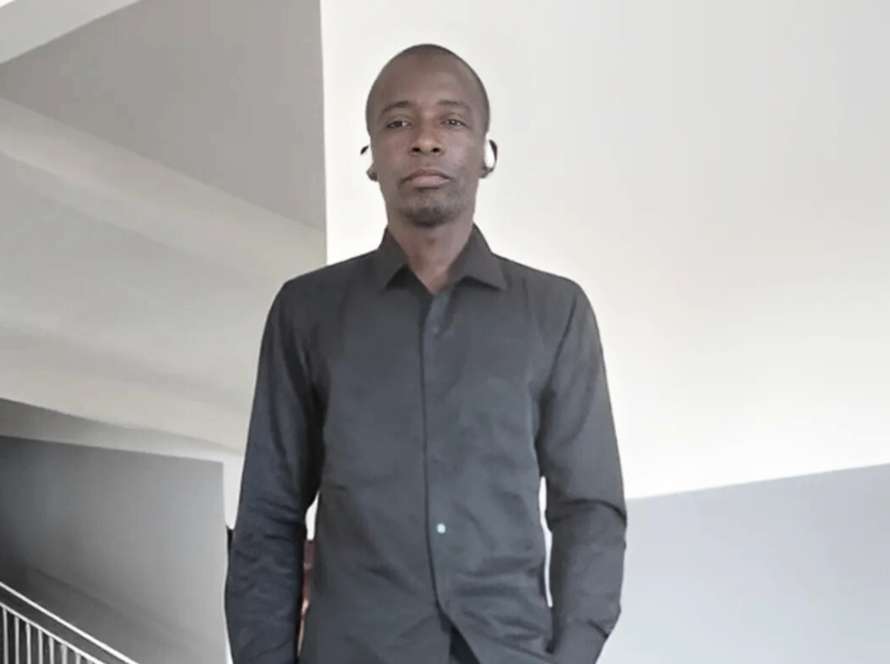Malian private television station Joliba TV, has been handed six months’ suspension by the Malian authorities over “hostile” comments made by a guest of the media platform about neighbouring Burkina Faso. Severe as it is, the suspension is actually projected as an act of generosity by the authorities who had initially withdrawn the TV station’s licence indefinitely.
Mali’s media regulator, the Higher Authority for Communication (HAC), revoked Joliba TV’s licence on November 26, 2024. The decision followed a petition by the Burkinabe media regulator, the Conseil Superieur de la Communication (CSC). In a letter dated November 12, the CSC complained that the TV station had shamed the government of Burkina Faso by discrediting its declaration that it had foiled a recent coup attempt.
Following an appeal by the TV station and subsequent negotiation with the Malian authorities and an apology to the Burkinabe government by a Malian media association, Joliba TV had its licence restored in exchange for a six months’ suspension.
Meanwhile, Issa Kaou N’Djim, the activist and guest who criticised the Burkinabe junta during the fateful programme, has been sentenced to two years in prison, with one year suspended.
Mr N’Djim, who has been in prison since November 13, 2024, was found guilty of “publicly offending a foreign head of state” and “insulting through information systems,” and sentenced on December 30, 2024.
The politico-media personality was also ordered to pay a fine of 1 million CFA francs ($1,600) by the national anti-cybercrime office. N’Djim previously supported Malian leader Assimi Goita before alienating the junta by publicly calling for a speedy end to military rule.
The Media Foundation for West Africa is deeply concerned with both the suspension of Joliba TV and the jailing of N’Djim. The TV station is indirectly being intimidated into censoring its guests and journalists, which is an affront to press freedom and freedom of expression. The two months of absence from the airwaves does not only constitute a huge financial loss to the TV station but also undermines the right to information of its viewers.
We also note with disappointment that the court sentenced N’Djim to two years in prison, one more year than the prosecution had requested. Having also spent two months in arbitrary detention, N’Djim has been punished enough for what should not have been an offense under any democratic order. We therefore urge the authorities in Mali to release him immediately.






